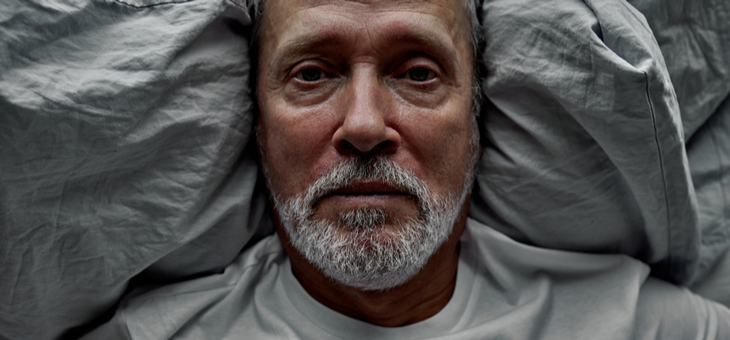Trying to sleep produces a kind of performance anxiety, and the more you worry about it, the worse your sleep can get. But turning to drugs as a treatment is not recommended.
“Sleep itself becomes the performance,” Melbourne health psychologist and Sleep Health Foundation board member Moira Junge told ABC News.
“It’s like a job interview. And when you get into bed you think, ‘I’ve got to do this well, I’ve got to sleep’.
“But sometimes if you’re really worried about it, or have a lot riding on it, then you don’t.”
Recent studies have shown that healthcare professionals often lack education about sleep treatments and too often turn to medications for patients presenting with insomnia.
In the UK, prescriptions for quetiapine, the antipsychotic most commonly prescribed for insomnia, rose from 1.6 million to 3.5 million in the 10 years to 2018, The Times reports.
“Side-effects of antipsychotics include shaking, intense sleepiness, weight gain, blurred vision and an increased risk of diabetes. Incorrect withdrawal of the drugs can induce severe symptoms, including psychotic episodes.”
Insomnia disorder is defined as “a failure to fall or stay asleep for three or more nights a week for three months or longer”.
Insomnia makes it “hard to fall asleep, to stay asleep, or causes you to wake up too early and not be able to get back to sleep”.
It affects nearly 15 per cent of Australians, according to a 2019 Sleep Health Foundation study.
That study found almost 60 per cent of people regularly experience at least one sleep symptom (such as struggling to fall or stay asleep).
Sean Drummond, a professor of clinical neuroscience at Monash University, says trying too hard to sleep is unhelpful. “People develop what’s called an attention bias towards sleep,” he says. “Everything they’re thinking about is related to sleep.
“It leads to almost an obsession. Sleep is one of these funny things that the harder you try to do it, the less likely it is to actually happen.”
He backs the use of cognitive behavioural therapy (CBT) rather than medication as a treatment.
CBT aims to help by changing patients’ beliefs and behaviours. The American College of Physicians issued a guideline in 2016 calling it the “first-line treatment” for chronic insomnia in adults. The Australasian Sleep Association followed suit in 2017.
“CBT for insomnia (CBT-I) should be used whenever possible, and medications should be limited to the lowest necessary dose and shortest necessary duration,” it advised.
“CBT-I is recommended because in the long term it is more effective than medications, because it is cost effective (often patients only need to be seen four to five times), and because it has low risk and minimal side-effects.”
How does CBT work?
CBT consists of five core components:
- stimulus control – the basic principle is getting out of bed if you wake during the night and doing something else until you feel sleepy again
- sleep restriction – assessing how much sleep you actually get
- relaxation training – strategies to use if you wake at night and feel anxious, and can use to manage stress and anxiety through the day
- cognitive therapy – challenging beliefs about sleep, such as believing that unless sleep meets certain parameters, you won’t be able to function the next day
- sleep hygiene – ensuring body and mind are ready for sleep and you have an appropriate sleeping environment without too much light or noise.
Tips for healthy sleep
- have a regular sleep routine: try to go to bed and wake up at the same time each day
- cut out caffeine, nicotine, and alcohol – or at least reduce them – and limit your lattes to mornings only
- it may help to reduce or stop some types of prescription medicines, but only under the guidance of a doctor
- get regular exercise, but not in the evening
- avoid daytime naps
- make sure the bedroom is quiet, dark, and not overheated
- avoid TV or computer screens in the bedroom or for an hour before bed
- if you can’t sleep, go to another room, and do a quiet activity until you feel tired and then try again
- do something relaxing before bed.
Do you have trouble getting to sleep? Have your tried CBT as a treatment for insomnia?
Read more: Nine ways to beat a headache without drugs
If you enjoy our content, don’t keep it to yourself. Share our free eNews with your friends and encourage them to sign up.

